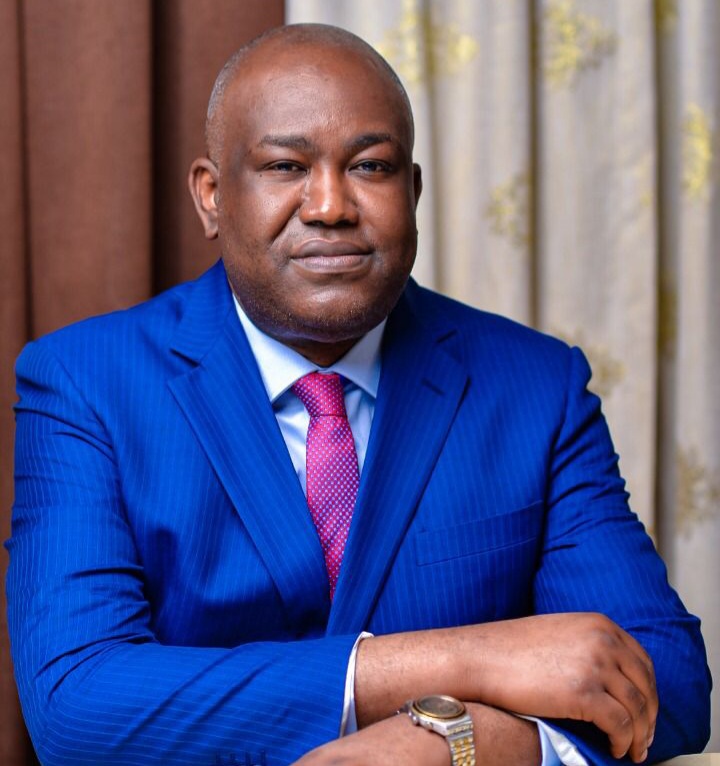The Complex World of Nuclear Arms: Experts Weigh In on the Future of Nuclear Deterrence
As the world grapples with the implications of the Nobel Peace Prize committee’s call to weaken the nuclear “taboo”, experts warn that nuclear-armed powers have no intention of giving up their atomic arsenal. The committee’s decision to award the prize to Japan’s Nihon Hidankyo, a grassroots movement of Hiroshima and Nagasaki survivors pushing for a nuclear weapons ban, has sent a strong signal to rogue nations, including Russia, North Korea, and Iran.
Moscow, in particular, has repeatedly brandished the nuclear threat in its invasion of Ukraine, while North Korean leader Kim Jong Un has vowed to use nuclear weapons “without hesitation” if attacked by South Korea and its ally, the United States. Israel, the region’s only nuclear-armed state, has also threatened a “deadly, precise and surprising” response to any attack on its territory.
Experts argue that the “logic of deterrence” – the idea that the threat of nuclear attack is enough to prevent actual use of such weapons – is still firmly entrenched in countries with nuclear capabilities. “The risk of atomic bomb use is no greater now than five years ago,” said Bruno Tertrais, political scientist at France’s Strategic Research Foundation. “But keeping a safe balance between threat and restraint can never be risk-free.”
The International Atomic Energy Agency (IAEA) has reported that Iran now has enough material to build more than three atomic bombs, while China has never given up its “no first strike” doctrine, following the principles of the Cold War era. India, Pakistan, and North Korea, meanwhile, have also developed nuclear arsenals, aiming to maintain credibility in the eyes of their opponents.
The ongoing debate surrounding nuclear arms control and the use of nuclear weapons is a complex and contentious issue, with experts and leaders weighing in on the risks and benefits of these weapons. As the world continues to navigate this treacherous landscape, one thing is clear: the future of nuclear deterrence depends on finding a delicate balance between threat and restraint.



![omotola jalade: genevieve feud never existed, fans to blame 'We don't need to be best friends' - Omotola speaks on alleged feud with Genevieve [VIDEO]](https://mediatalkafrica.com/wp-content/uploads/2026/02/xOmotola-Jalade-Genevieve-Feud-Never-Existed-Fans-to-Blame-1024x614.jpg.pagespeed.ic.zeCHer5yVF.jpg)